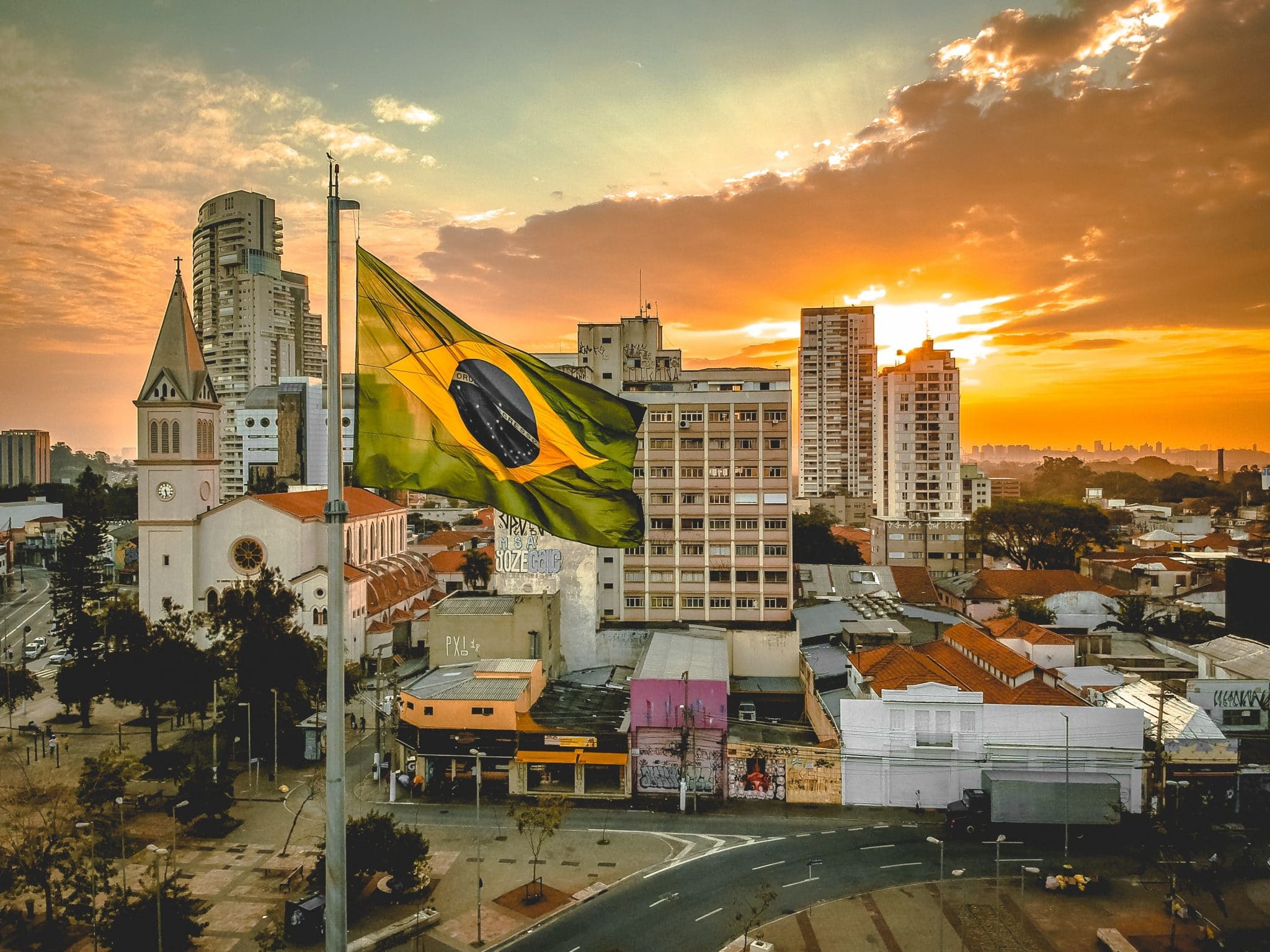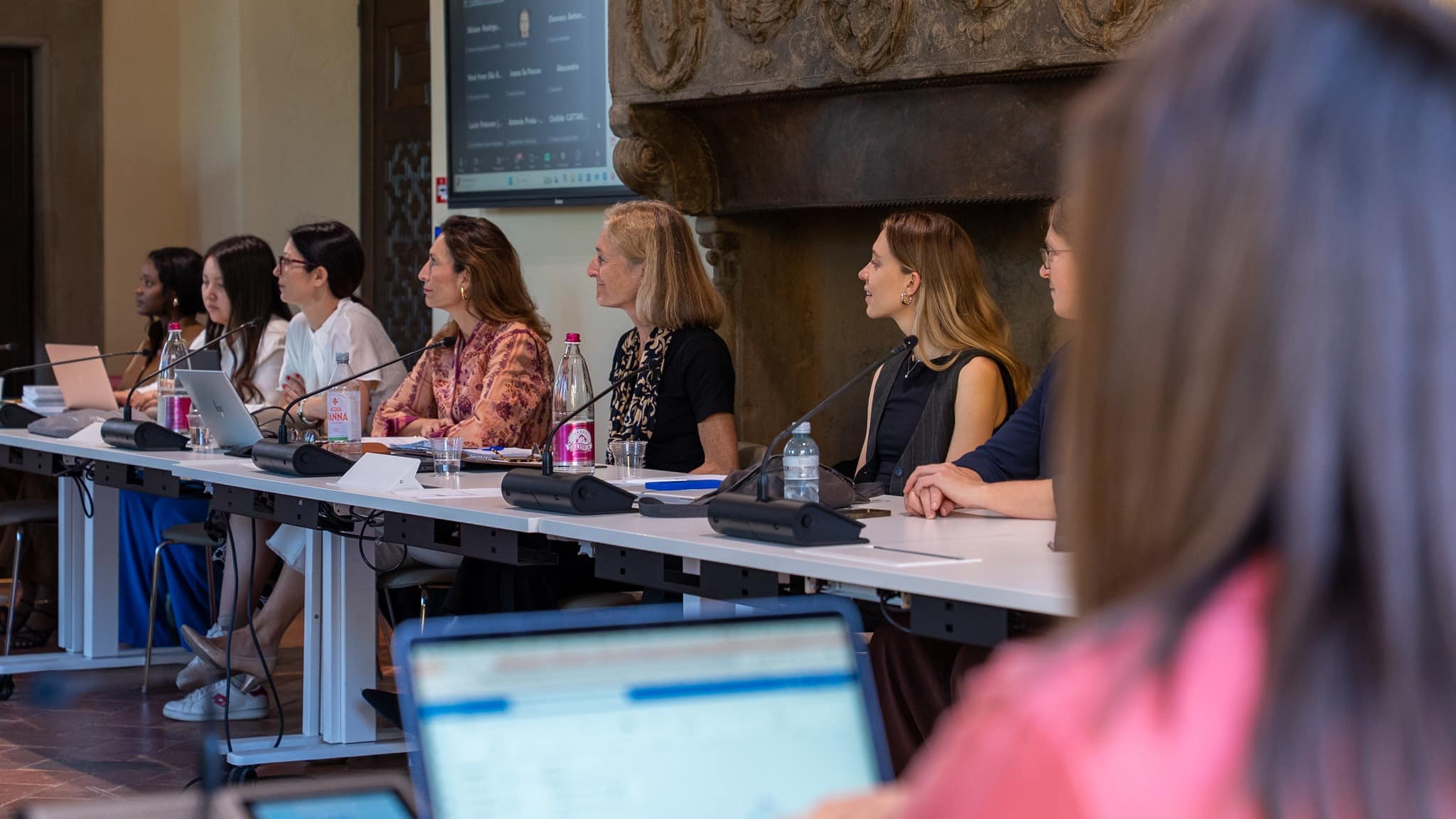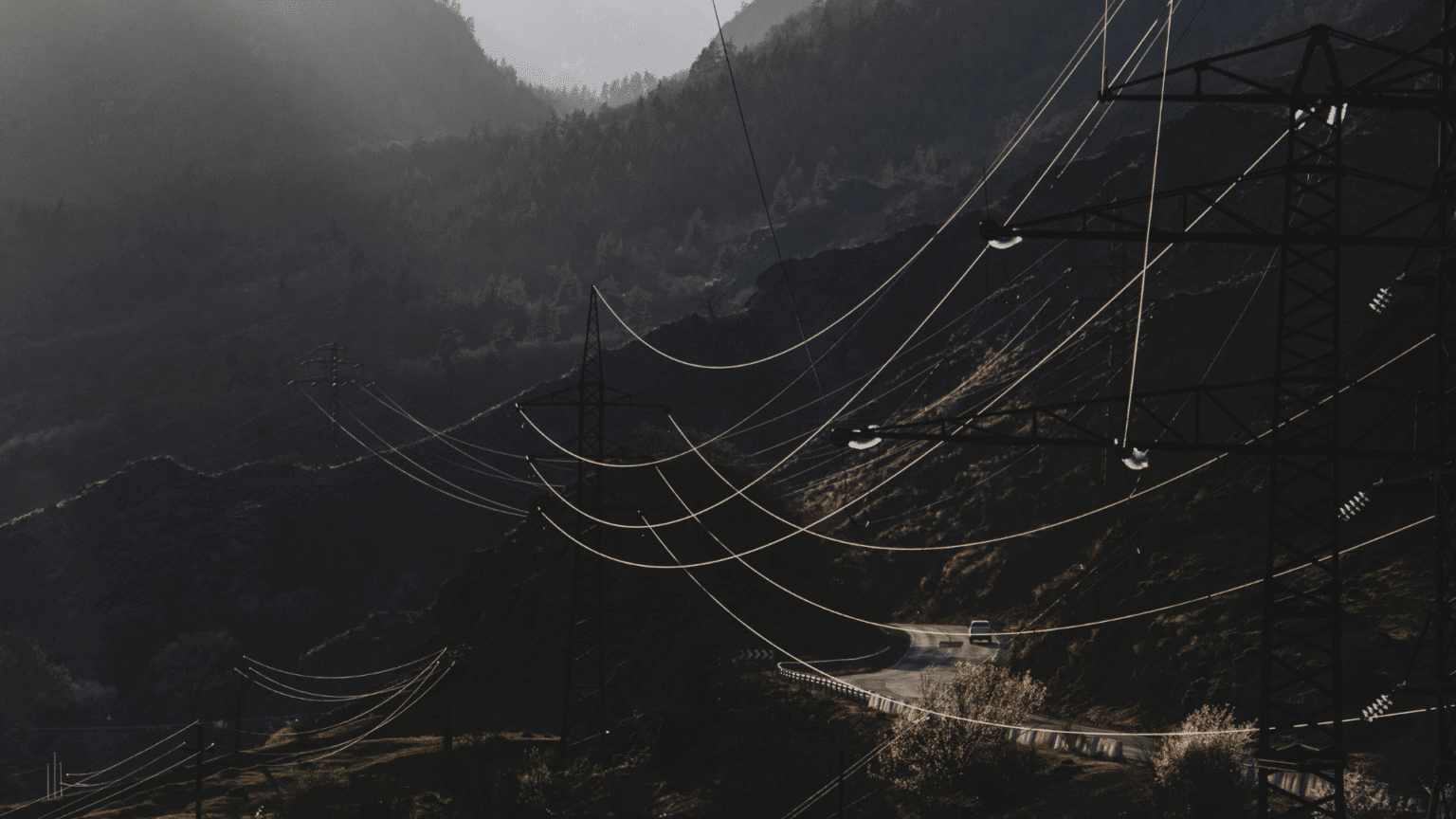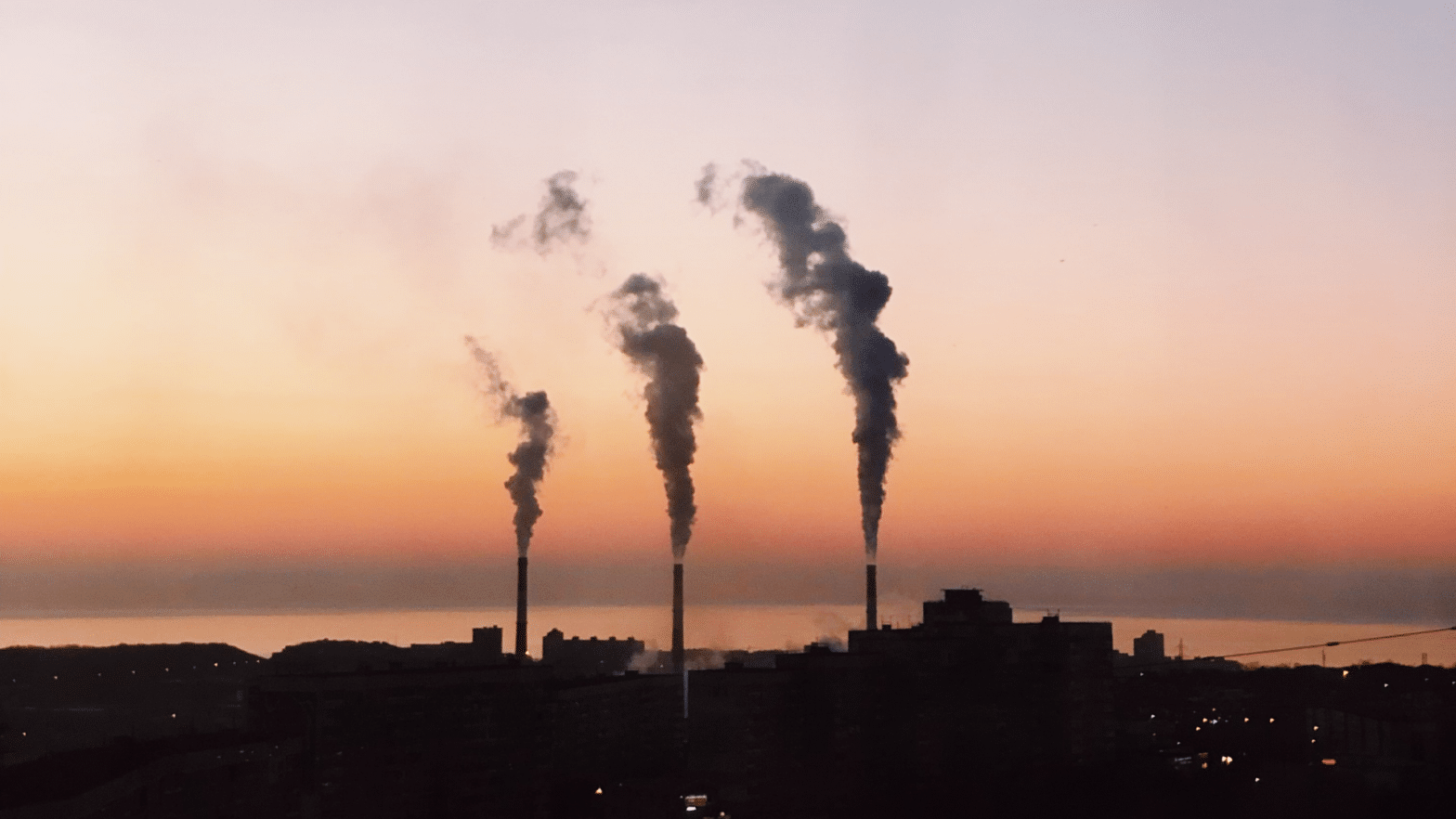The Brazilian Gas Market in the context of Regulatory Delivery
This article shares the insights from the ABAR - FSR webinar on Brazilian Gas Market in the context of Regulatory Delivery

This Highlights article was produced by Professor Lucila de Almeida (FSR) and Anamaria Rossi (ABAR).
Why hasn’t the free gas market taken off in Brazil yet? What are the alternatives to expand the share of biomethane as a supply? How can we implement structuring projects to expand distribution networks? How can the regulatory experiences of Europe and its different countries help Brazilian regulatory agencies on the road to gas universalization?
These were the central themes of the Brazilian Gas Market and Regulatory Delivery webinar, organized by The Brazilian Association of Regulatory Agencies (ABAR) and the Florence School of Regulation. The webinar was held in the context of the ABAR-FSR partnership in developing a new edition of the Regulatory Delivery online course, which will take place 100% in Portuguese between April 12 and May 24! (Learn more about the Portuguese edition of the course)
During the webinar, Professor Lucila de Almeida, co-director of the Regulatory Delivery course, moderated a debate between Paula Campos (president of Arsesp, vice-president Sudeste and coordinator of the Technical Chamber of Oil and Gas of ABAR); Fabio Côrtes do Nascimento (Agenersa); Marcelo Ladeira (Government of Minas Gerais); and Tiago Acquaviva (Arsesp). Read the highlights below for a glimpse into the discussion!
Sustainable Cities
Paula Campos opened the debate by pointing out that a significant portion of Brazilian states already have a regulatory framework to open up the market, which includes the viability of biomethane as a supply and the development of structural projects. “These will be good options for the market to expand,” she said. “With biomethane, we will not depend on Petrobras, but on smaller biomass producers. And the structuring projects, or local networks, will in the future connect the distribution network and will be options for expansion and capillarization. ”
Paula cited the Sustainable Cities project, developed by Arsesp, which uses local networks to supply biomethane to three nearby cities, in a 100% free-market context. She believes it is necessary to discuss opportunities to open the market consistently, encouraging new suppliers, allowing as many consumers as possible, without leaving the bill to the captive consumer.
Challange for Regulation
Marcelo Ladeira also believes that the free market and biomethane “are enormous opportunities for the development of the country and the States”. He shared the difficulties of implementing such a project in Minas Gerais due to a shortage of natural gas supplies. “We do not have ports to receive gas directly, which makes it difficult to make the free market viable in the short term,” he said. “It is a regulatory challenge for Minas Gerais to allow the insertion of biogas into the state’s distribution networks.
More Attractive Rates
Fábio Côrtes shared the experience of the State of Rio de Janeiro, where the use of gas as a source of energy dates from the period of the Empire. He considers the work to make viable tariffs that can attract more consumers, “to facilitate the entry of more commercial agents, distributors, including focusing on small markets, because the goal is universalization.
The captive consumer, he says, cannot afford the expansion of a network that could eventually serve large consumers. “The expansion has to be brought to a system of self-supply and self-compensation networks so that the investment does not become too expensive for either side. This is the challenge today,” he said.
The European Experience
Tiago Acquaviva praised the Regulatory Delivery course’s proposal to rethink the regulation to see if delivery is being effective. “The course will add a lot for us regulators, also because of the interlocution with Europe’s experiences. Brazil has continental dimensions, each state with a specificity, demanding specific regulation, so it is good to understand how each country in Europe has taken care of its needs,” he said.
Tiago believes that Brazil has not yet achieved the ideal of the free market because the experience of regulation in the country is recent. “We are still going through a process of creating regulatory agencies, and we have many regulatory challenges to reach the level Europe is at,” he said.
Regulatory Delivery in the Brazilian Context: The Alternatives
During the Q&A round, Lucila advanced possible solutions to the questions presented. Regulatory alternatives to increase the demand for biomethane in Brazil were addressed, as well as examples of solutions already underway or being study in different Brazilian states.
The experiences and questions raised during this webinar, as well as the others of the ABAR-FSR Special Series about Regulatory Delivery in the Brazilian Context, will be further addressed during the Regulatory Delivery course, in order to facilitate dialogue around the European experiences and the Brazilian reality, with a view to improving regulation in Brazil.
Watch the webinar (in Portuguese)
About the Regulatory Delivery online course
How are regulatory authorities adjusting their policies and governance, and how should they adjust, to ensure that they meet societal goals and promote fair and efficient economic choices? The Regulatory Delivery online training combines theoretical and practical views on how to assess regulatory delivery, as well as outputs and outcomes of regulatory authorities, from different economic, societal, and legal perspectives.
This course will provide a comprehensive theoretical background and examples of governance models evolution experienced in Europe, namely for the energy transition, while comparing them with innovative initiatives in South America, Asia, and Africa. During the course, you will review increasingly complex infrastructure regulation due to public policies promoting liberalisation, decarbonisation and digitalisation.
Learn more about the course:
Regulatory Delivery online course: English edition
Regulatory Delivery online course: Portuguese edition
Useful Links From ABAR (in Portuguese):
Listen to the ABAR Regulatory Delivery podcast
Don’t miss any update on this topic
Sign up for free and access the latest publications and insights




















